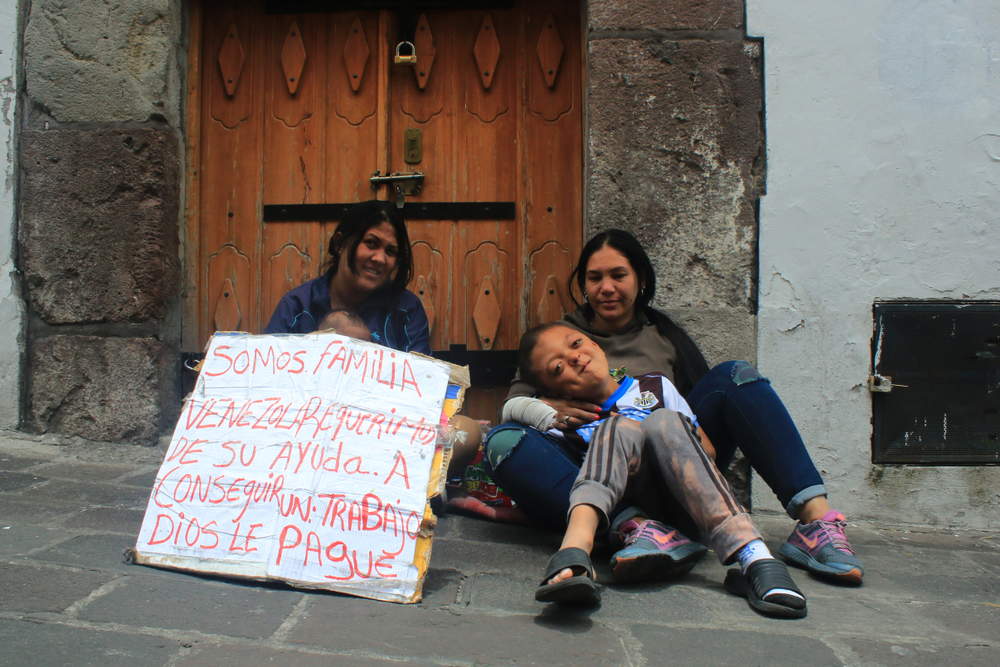In the eyes of more developed nations, the global south is often seen as a source of refugees, and it is not uncommon to see policies implemented to make it harder for these individuals to be welcomed into the U.S., United Kingdom, or major European nations. However, Brazil recently set a bold precedent that could force the global north to adjust its lens: the country’s policies toward Venezuelan refugees, in contrast to their wealthier peers, has been pragmatic, humane and sensible.
Venezuela’s political, economic and social collapse has generated a population hemorrhage. More than 4.5 million—or one in seven Venezuelans—left, and most remain in South America. Colombia hosts around 1.5 million, while around 260,000 have entered Brazil across its northern border, at a rate of close to 500 per day.
Three elements of the Brazilian response stand out. First, Brazil has provided refugees with basic shelters and services at border towns, instead of curraling migrants into camps or detention centers. Brazil has partnered with United Nations agencies, as well as international, regional and domestic aid organizations that contribute financial and logistical assistance.
The Brazilian government has also initiated a policy to redistribute some arrivals to other cities and states in Brazil, as a way of reducing the burden on the country’s northernmost tip of Roraima, which is also one of the poorest parts of the nation.

Next, Brazil has expanded the scope of entitlement to refugee status. The 1984 Cartagena Declaration adopted a regional approach to refugee protection, mindful of the history of Latin American states as both sources and recipients of refugees.
The definition of an international refugee contained in the UN’s 1951 Refugee Convention is individualistic and requires proof that applicants fear personal...


 Search
Search






































